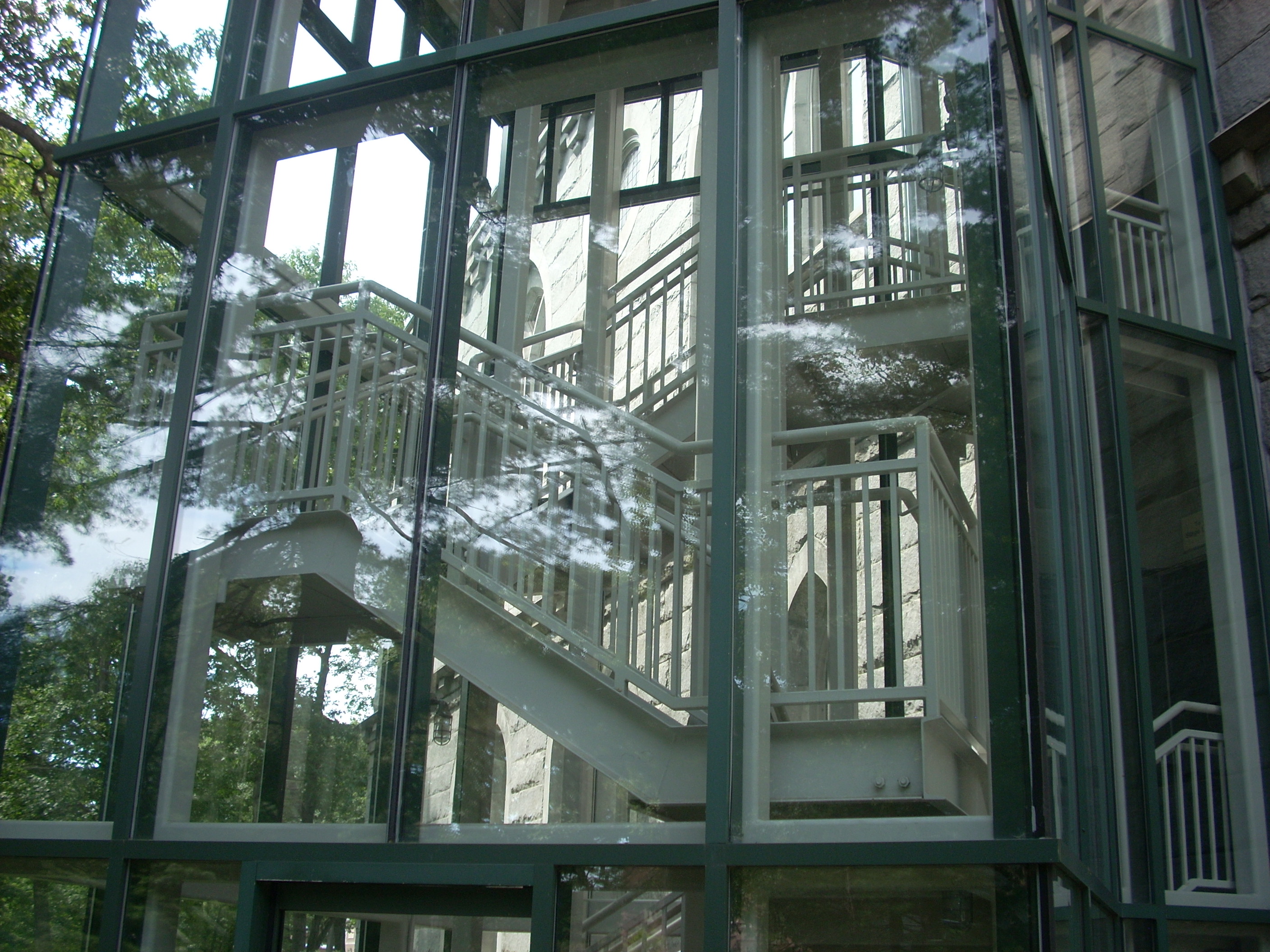
The center point for both Sheila and Kevin would remain the same (at least for awhile), but their windows would be “bent out of shape.” Their second quadrants would be larger, but would be distorted, given the core dynamics of their relationship. This “core” might consist of four elements (which neither Sheila nor Kevin have ever explicitly discussed). First, they will have a professional, not personal, relationship (therefore, no need for Kevin to tell Sheila that he finds her physically attractive or that he doesn’t know how to relate to women). Second, Kevin will need to share all pertinent information with Sheila as Treasurer of her Board (therefore, Kevin will have to be more open with Sheila than he usually is).
Third, Kevin will need to be a competent Treasurer (therefore, at some point early on, Kevin will either have to ask for assistance from Sheila by first revealing his lack of financial experience and expertise, or will rapidly have to gain this expertise from an outside source). Finally, Sheila will have to share (Quad 1) the fact that she is concerned about his competence (Kevin’s Quad Two material moves to Kevin’s Quad One), but that her Board needs someone like Kevin, who has some time that can be freed up from his job to work for Sheila’s human service agency (Sheila’s Quad Three). Kevin can’t resign without disrupting the agency and hurting his own reputation with his boss, even if he could generate an excuse to leave the Board.
Given these four core elements in the relationship between Sheila and Kevin, the failure of both Sheila and Kevin to provide feedback (Quad Two) is ultimately unacceptable. Their windows are bent, the first and second panes are warped and (extending the metaphor) may soon break. Quad Three and Quad Four in both windows are preserved and the meeting point of the four panes is preserved—but at what cost? What psychic expense?







